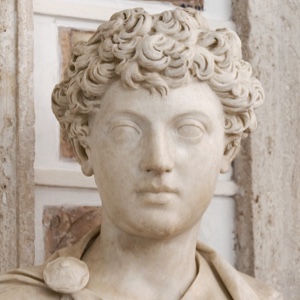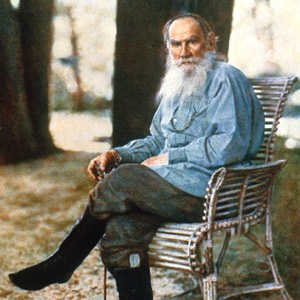The ruling faculty does not disturb itself, I mean, it does not frighten itself or cause itself pain… The guiding principle in itself wants nothing, unless it makes a want for itself, and therefore it is free. Marcus Aurelius (121 – 180)


The ruling faculty does not disturb itself, I mean, it does not frighten itself or cause itself pain… The guiding principle in itself wants nothing, unless it makes a want for itself, and therefore it is free. Marcus Aurelius (121 – 180)

Remember that the ruling faculty is invincible; when self-collected it is satisfied with itself… therefore the mind which is free from passions is a citadel, for man has nothing more secure to which he can fly for safety. Marcus Aurelius (121 – 180)

Religions are different in their external forms, but they are all the same in their fundamental principles. And it is just these fundamental principles of all religions which represent that true religion which alone today is natural to all men, and the acceptation of which can alone save men from their calamities. Leo Tolstoy (1828 – 1910)

Love, true love, which is the very essence of the human soul — that love which is revealed by Christ’s teaching — precludes the possibility of any idea of any kind of violence. Leo Tolstoy (1828 – 1910)

Why do I strive, why do I toil in this narrow, confined frame, when life, all life with all its joys, is open to me? Leo Tolstoy (1828 – 1910)

Love is not thinking, but being. Antoine de Saint-Exupery (1900 – 1944)

In anything at all, perfection is finally attained not when there is no longer anything to add, but when there is no longer anything to take away. Antoine de Saint-Exupery (1900 – 1944)

Let a man but realize that the aim of his life is the fulfillment of God’s law, and that law will replace all other laws for him, and he will give it his sole allegiance, so that by that very allegiance every human law will lose all binding and controlling power in his eyes. Leo Tolstoy (1828 – 1910)

Different is the Good and different is the dear, they both, having different aims, fetter you men; He, who chooses for himself the Good, comes to wellbeing, he, who chooses the dear, loses the goal. The Good and the dear approach the man, The wise man, pondering over both, distinguishes them; The wise one chooses the Good over the dear, […]

One touch of nature makes the whole world kin. William Shakespeare (1564 – 1616)